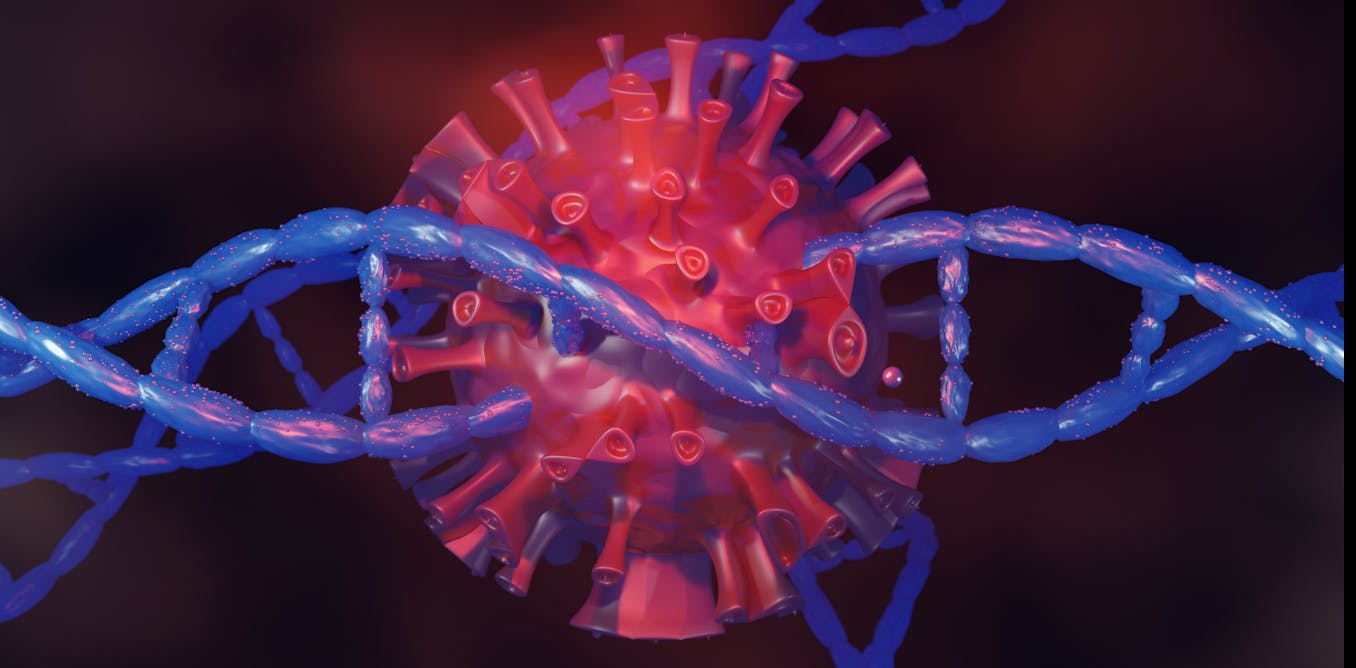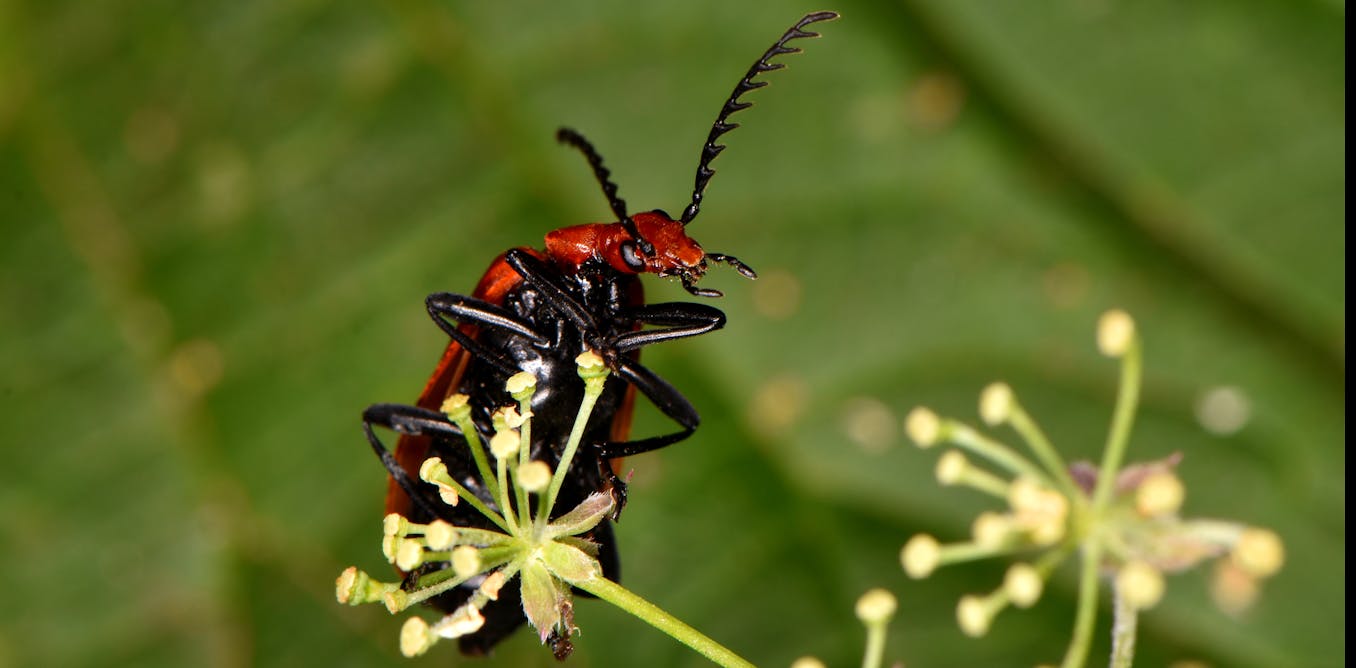Scientists discover five new species of black corals living thousands of feet below the ocean surface near the Great Barrier Reef
Black corals provide critical habitat for many creatures that live in the dark, often barren, deep sea, and researchers are learning more about these rare corals with every dive.
Nov. 23, 2022 • ~6 min
8 billion people: how different the world would look if Neanderthals had prevailed
Neanderthals were wiped out by chance changes in the environment. The rise of Homo sapiens wasn’t inevitable.
Nov. 16, 2022 • ~8 min
Neanderthals: how a carnivore diet may have led to their demise
Zinc in their bones reveal that these early humans were top of the food chain.
Nov. 3, 2022 • ~8 min
From radiation to water pollution to cities, humans are now a driver of evolution in the ‘natural’ world – podcast
In this week’s episode of The Conversation Weekly, we speak with three scientists who study the ways plants and animals evolve in a world dominated by humans.
Oct. 27, 2022 • ~6 min
How we found microbes rarer than a ticket to the Moon
Microbes are so tiny humans can’t see them without special equipment. But the discovery of 20 new species will help scientists map the evolutionary tree of life.
Oct. 25, 2022 • ~8 min
Humans are 8% virus – how the ancient viral DNA in your genome plays a role in human disease and development
Bits of viral genes incorporated into human DNA have been linked to cancer, ALS and schizophrenia. But many of these genes may not be harmful, and could even protect against infectious disease.
Oct. 18, 2022 • ~7 min
Earth's oxygen has varied dramatically over time – here's how our data could help us spot alien life
We should not rule out taking a closer look at exoplanets that have a poorly oxygenated atmosphere.
Oct. 14, 2022 • ~8 min
Insects will struggle to keep pace with global temperature rise – which could be bad news for humans
Climate change is exposing animals to temperatures outside of their normal limits – a new study has found that insects have a particularly weak ability to adjust.
Oct. 3, 2022 • ~7 min
/
25






